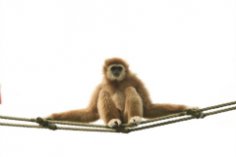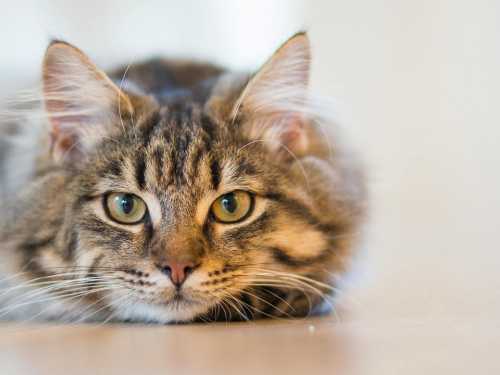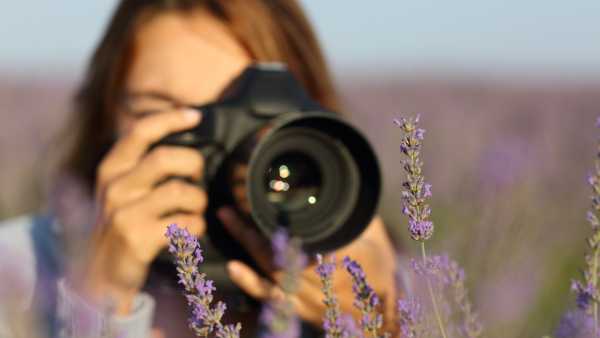
A circus without animals isn't a circus. The persistent trainers, capable of teaching any “creature” the most unexpected tricks, unleash all sorts of animals into the arena. Acts featuring “our smaller brothers” are spectacular and consistently popular. Spectators enjoy watching a fearsome predator, growling and baring its teeth, obediently fulfill the trainer's demands. We are amused by the not-so-terrifying, but rather amusing, club-footed bears, and the noble grace of horses is a delight to the eye. It seems the cage is completely unnecessary; the animals have long since resigned themselves to captivity, and humans, the crown of nature, are their elder companions and friends.
But only experienced circus workers know the reality. Despite their apparent docility, animals always remain themselves. While humans are capable of genuinely loving their pets, animals, especially predators, simply respect their owners, and more often than not, tolerate and fear them.
A trainer is forced to maintain their authority constantly, every minute and every second. Renowned trainer Maritsa Zapashnaya tried never to turn her back on her charges—lions, tigers, panthers, and leopards. If she were momentarily distracted, the “kitties,” obeying their hunting instincts, would begin to surreptitiously prepare for an attack. Once, during a performance in Czechoslovakia, the young tigress Elsa jumped on the trainer's back, tearing the skin off the back of her neck.
Monkeys are the most unpredictable animals. Their behavior can be as illogical as that of humans. Just like us, monkeys quarrel, fight for dominance, and defend their living space. Once, a macaque was temporarily “housed” with another monkey. The old-timer didn't like this decision, and the newcomer got the full brunt of it. He endured it for a long time, but finally, seizing the moment, grabbed the rope tied to the offender's collar, threw it over a bar in the ceiling of the cage, and, in a very real way, hanged the old-timer. The housing problem was “solved,” but the monkey could not be saved.
A performer brought a small macaque to an appointment with renowned circus veterinarian Alexander Gantimurov and, saying, “Don't worry, she's very gentle,” sat her on the examination table. During the examination, the owner became distracted, and the animal began to feel pain. Glancing indignantly at the veterinarian, the monkey turned to its trainer and… slapped her hard. “She punished me for entrusting her to you and not keeping an eye on her,” the woman explained, rubbing her cheek.
Occasionally, there are rare instances demonstrating the boundless trust animals have in their trainers. People's Artist of the Russian Federation Alexei Sokolov worked with horses of the famous Akhal-Teke breed. These horses are extraordinarily graceful, beautiful, and noble, but also stubborn and willful.
One of the four-legged performers needed dental care; the edges of the teeth biting into his cheek needed to be filed down. The veterinarian decided to use special devices for safety. But Sokolov disagreed, ordering the horse, “Open your mouth! Be patient!” He felt the aching tooth with his hands and filed down its edge with a file. The animal recoiled slightly but remained motionless, planting all four hooves firmly on the floor and not even attempting to close its mouth during the entire procedure, merely snorting and rolling its bloodshot eyes.
A rational person is capable of subjugating any animal, but we, alas or fortunately, are not able to force it to change its essence.





